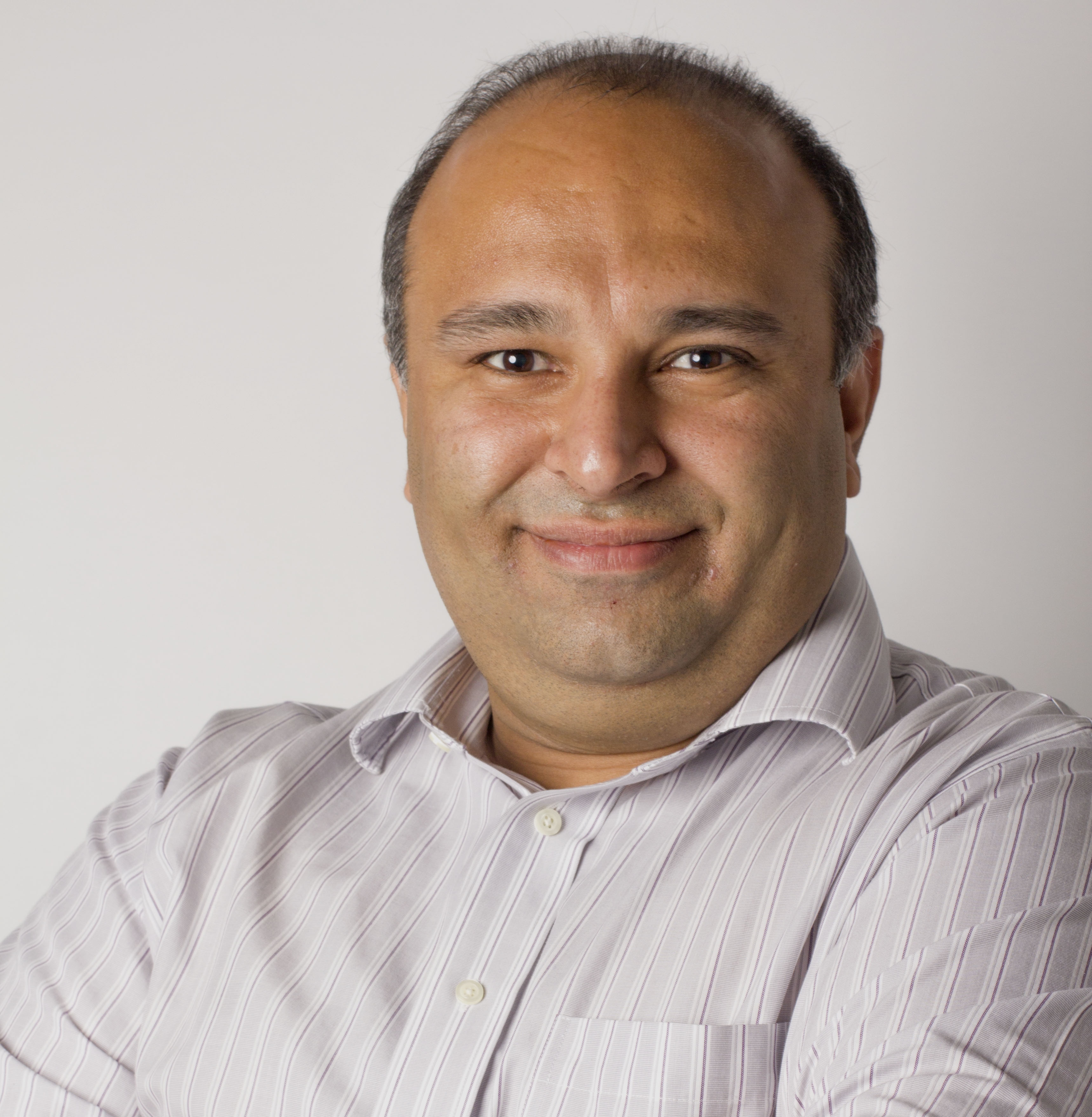Data Scientist Rayid Ghani Joins UChicago CS as Research Associate Professor

While data analytics, modeling, and machine learning are now standard practice in most businesses and industries, the public and non-profit sectors have yet to fully capitalize on these powerful methods. After his work as Chief Scientist for the Obama 2012 campaign, Rayid Ghani joined the University of Chicago to bridge this gap through educational programs, partnerships with governments and organizations around the world, and through building data science tools and platforms that can be used to tackle social problems..
This summer, Ghani joins the Department of Computer Science as research associate professor. Ghani will also bring his Center for Data Science and Public Policy (DSaPP) and the Data Science for Social Good Summer Fellowship (DSSG) into the UChicagoCS fold, continuing projects that create data-driven solutions for education, criminal justice, public health, and economic development, as well as training the next-generation of socially-minded data scientists.
“I’m excited to join the Computer Science Department to help increase collaborations with public policy and social sciences and to expand the applied data science work happening in the department as well as in the university”
Ghani received his MS in machine learning from Carnegie-Mellon University in 2001, then worked for 10 years with Accenture Technology Labs, rising to senior research scientist and director with their analytics research group. But in the run-up to the 2012 election, he made an abrupt career change, leading the Obama campaign data science team that focused on boosting fundraising, volunteering, and voter turnout.
After Barack Obama’s successful reelection, Ghani joined the University of Chicago to launch the Data Science for Social Good Summer Fellowship, initially funded by the Schmidt Family Foundation. Since the program’s first year in 2013, it has brought over 200 undergraduate and graduate students to Chicago and Portugal, where they completed 12-week projects in partnership with government agencies and non-profit organizations, using their data to improve services and address social problems.
DSSG 2018 is the first year to run concurrent programs in both the US and Europe, with 40 fellows across the two sites working on projects for safer workplaces and streets, improved vaccination and diabetes treatment, reduced recidivism and school dropouts, and much more. The program also hosts an annual Data Science for Social Good conference each fall, with alumni joining academic researchers, city data officers, and representatives from non-profits for talks and panels.
“It's not about sitting in a corner just looking at data. It's about working with people, understanding their problems and helping them solve their problems in a rigorous and scientific manner,” Ghani said. “Data is just an artifact in the middle. You need to understand the problem you're solving and what actions these organizations can take. With our data science skills, we can then use this data to help these organizations make better decisions and improve lives of people.”
Many successful DSSG partnerships continue on as projects at the Center for Data Science and Public Policy, run in partnership with Harris Public Policy and previously based at the Computation Institute. With the Chicago Department of Public Health, DSaPP researchers developed a model for predicting lead-poisoning risk in children, now available via API for integration into pediatrician electronic health records. An early intervention system created by DSaPP, and deployed in Charlotte Mecklenburg and Nashville Police Departments to predict officers at elevated risk of adverse interactions with the public was licensed earlier this year to Benchmark Analytics for wider distribution.
Ghani teaches at the Master of Science in Computational Analysis & Public Policy program offered by UChicagoCS with Harris Public Policy, teaching courses in machine learning and data science. He is a frequent speaker at professional conferences, most recently delivering a keynote at the 2018 ACM SIGIR Conference on Research and Development in Information Retrieval.












